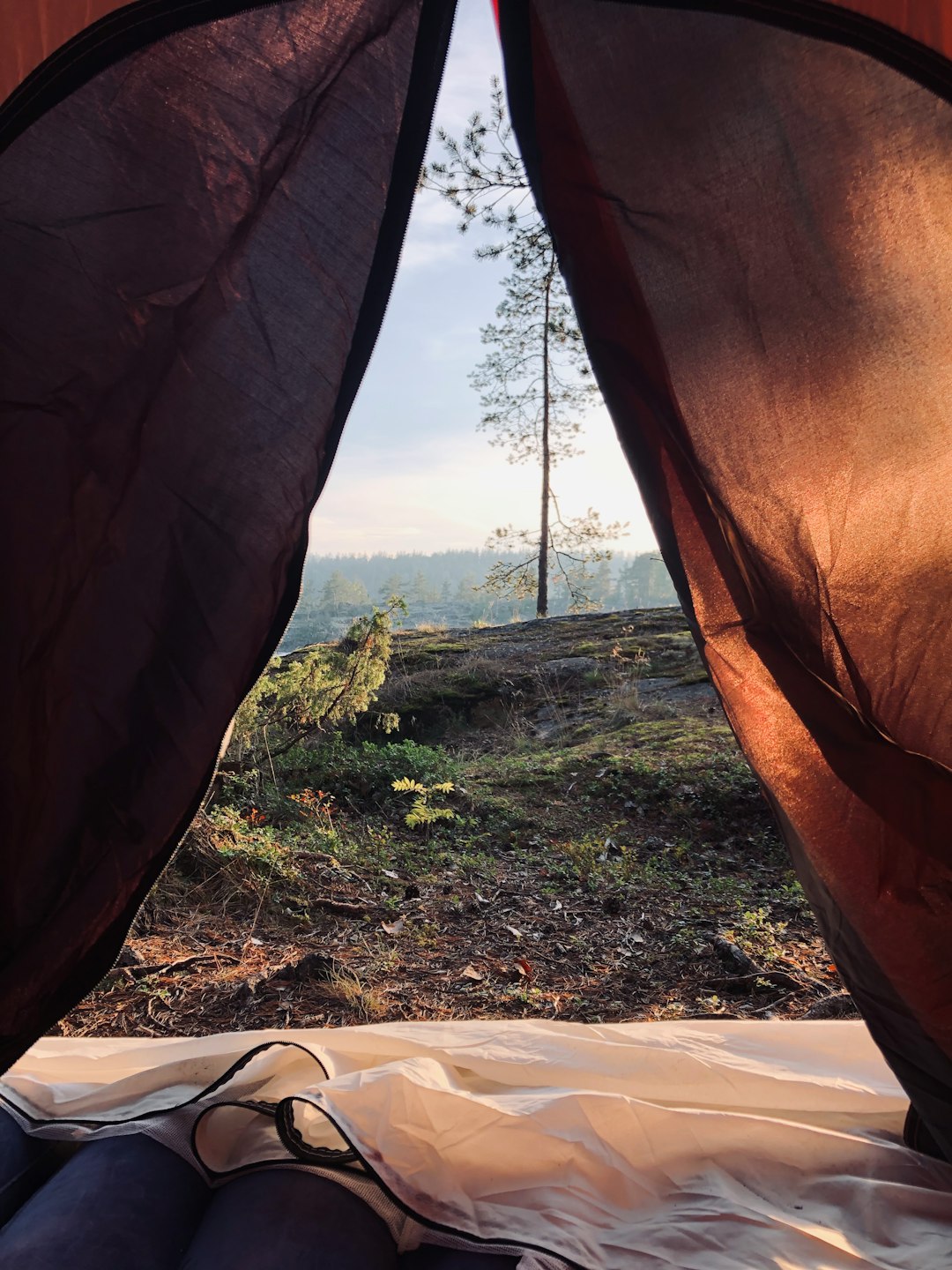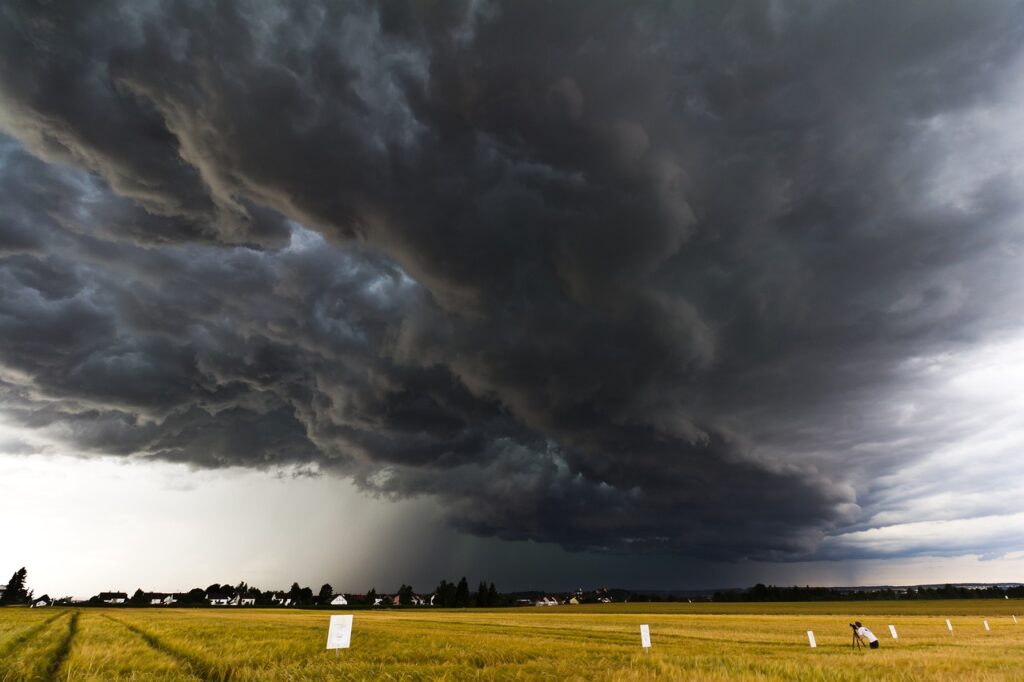Many of us like wandering in the wild to escape daily life, walking, hiking, and camping. But there may come a time where you have to “bug out” in it to survive. One of the main concerns when camping, and definitely for bugging out, is maintaining personal cleanliness. As outdoor enthusiasts know, the great outdoors doesn’t come with modern conveniences, which makes hygiene a crucial aspect of any adventure. From managing waste to keeping your hands clean, certain practices can ensure your trip remains free from discomfort and illness. In this guide, I’ll provide tips and recommendations for outdoor hygiene essentials and highlight clean strategies for those unpredictable moments when you might need to bug out. Whether you’re a seasoned camper or a prepping novice, these insights will equip you with the confidence to embrace the wilderness safely and cleanly. For more, check out this guide.
Understanding Outdoor Hygiene Essentials
Understanding outdoor hygiene essentials is vital for making a camping experience enjoyable and healthy. But many folks have never gone camping or camped when they were young—for this reason, evacuating and having to rough it out in a campground or the woods – especially if they are city-dwellers – can be horrifying. But if given a choice between a Superdome post-Katrina situation or going to a camping area, you may decide that the campground or woods may be a safer and cleaner option.
Maintaining personal cleanliness can be challenging without access to everyday conveniences. It’s essential to tackle hygiene from all angles, including personal cleanliness and efficient waste management. Doing so can prevent illnesses and discomfort often arising from neglecting basic hygiene. Also, cleanliness improves morale in a stressful situation.
Prioritizing Personal Cleanliness
To prevent infections and illnesses, personal cleanliness is a top priority while traveling, especially when bugging out. However, before you even get to the area you intend to stay in, you may be traveling in a vehicle for several hours or days, with limited opportunities to stop for various reasons. Lodging may be unavailable or unaffordable; rest areas may be full or chaotic.
Packing items like biodegradable soap, a toothbrush, a travel-sized towel, and compressed towels is essential. Keeping your hands clean is crucial since they come into contact with food and your face. Regularly washing your hands with soap and water or using a hand sanitizer can significantly reduce the risk of germ transmission.
A quick wash with biodegradable soap can make a big difference. Focus on cleaning key areas such as your face, hands, and feet. You can also use wet wipes as an alternative when water is scarce. Remember that these should be disposed of properly to avoid littering. A note: Despite what you may have heard, bears are NOT especially attracted to menstruating women. Of course, cleanliness during your period is important, so make sure you have your preferred monthly products in your bug-out bag.
For more detailed tips, check out this comprehensive guide.
Managing Waste Efficiently
Managing waste efficiently is an essential camping practice that helps protect the environment. Proper waste disposal maintains campsite cleanliness and helps prevent unwanted wildlife encounters. Here’s how you can manage waste effectively:
Pack out all trash: Always carry trash bags to collect and bring back all waste to dispose of properly at home or at a proper waste facility.
Utilize cat holes if there are no facilities: Dig a small hole about 6-8 inches deep and at least 200 feet away from any water sources for human waste. Cover it back up after use; place a rock on top to prevent it from being dug up by animals.
Use biodegradable products: Whenever possible, choose biodegradable options for personal and cleaning products to minimize environmental impact.
You want to LNT – “Leave No Trace” – not just for the environment but as a courtesy for others. If you are trying to avoid people as much as possible, you don’t want to leave material that shows you have a lot of things and food they may want.
For more insights on managing camping waste, you can refer to this helpful resource.

Clean Camping Strategies
Clean camping strategies are essential for anyone planning to spend an extended period in the wilderness, regardless of why they’re out there. You also want to protect yourself. These strategies ensure that your site remains tidy. This section will explore quick water solutions and tips for maintaining your camping gear’s functionality and freshness.
Quick and Easy Water Solutions
Access to clean water is a necessity when camping, especially for cooking and cleaning. Here are some quick and easy water solutions:
Portable water filters: Invest in a reliable portable water filter to purify water from natural sources like streams and lakes.
Water purification tablets: These tablets are lightweight and effective in killing bacteria and viruses in untreated water.
Boiling water: When possible, boiling water is a surefire way to eliminate pathogens.
For more ideas on clean water access, see this informative article.
Essential Camping Practices
Essential camping practices are key to ensuring a clean and enjoyable trip. They involve packing the right supplies and maintaining a clean cooking area, which are crucial for hygiene and safety.
Packing the Right Supplies
Packing the right supplies is the foundation of a successful camping trip, and most experienced campers know what to bring. However, for non-camping preppers, you will find most of what you need, not just for bugging out but for your preps in general, in your local sporting store or Walmart. Here’s a checklist of must-haves:
Biodegradable soap and sanitizers
A portable water filter
Trash bags and sealable containers
Wet wipes, towels, and compressed towels
A small trowel for digging cat holes
A tent large enough for the people in your family (the packaging usually advises how many people will fit in a particular model).
The camping section will also have travel toilets, camp stoves, small propane tanks, and items like whistles, machetes, compasses, fire starters, and more! If you want to step up your preps, the camping section will get you excited!
By ensuring you have these supplies, you’ll be well-prepared to handle various hygiene challenges while camping.

Maintaining a Clean Cooking Area
Maintaining a clean cooking area is crucial in preventing foodborne illnesses and keeping wildlife at bay. Follow these steps to keep your cooking space tidy:
Set up a designated cooking area: Keep this area separate from where you sleep to minimize food smells around your tent.
Store food properly: Use bear-proof containers or hang food from a tree to prevent animals from accessing it.
Clean up immediately: After cooking, clean all utensils and surfaces immediately. Use biodegradable soap and water to wash dishes and dispose of waste properly. Try using water in a spray bottle to use less water.
For more tips on keeping your cooking area clean, this helpful guide offers additional insights.
Self-Defense/Protection
Bugging out, especially for women and children, is not only a scary situation but can be a dangerous one. You must have your personal safety and security top of mind as you do so, especially if you intend to be in a campground area or other area you may be unfamiliar with. Remember, there is danger with people AND wildlife! If you do not wish to carry a firearm, here are some options:
Start taking some self-defense classes NOW. You don’t have to strive for a black-belt; take an introductory self-defense course to become comfortable with protecting yourself in a close-quarter attack.
Bear mace. While we are safer in the woods with a bear than a man, bears can turn up, especially when there’s food. Regular pepper spray is NOT going to cut it with a bear. Bonus: You can use it on a human attacker if you have to.
A baton/bat. If using a bat, put a sock on it so that if it is grabbed, it will come off and give you another chance to reset/defend.
A knife. You should have one in your bug-out bag, not just for protection but for other practical uses. Having to defend yourself with a knife is serious business because there will be no distance between you and an attacker. So get a knife with a guard and a good grip to protect your hand, and practice handling it.
A personal siren. This can serve double-duty, as it will not only alert others that you’re in trouble but also help you locate your kids if they get lost or have a bad encounter and are not near you.
Remember, whatever item you choose for protection, if you feel you must use it, YOU MUST PUT 100% of yourself into the attack. You can read more about personal safety in my earlier article here.
Keeping Gear Fresh and Functional
Keeping your gear fresh and functional can make the experience less stressful. Once you are ready to leave the area, thoroughly dry out tents, sleeping bags, and other gear before packing them away. This prevents mold and odors from developing.
Regular cleaning is also important. Wipe down your gear with a damp cloth and mild soap to remove dirt and grime. For stoves and cooking equipment, remove all food residues to prevent bacteria.
While bugging out is a last resort, especially for single moms and solo women, it is a possibility. Even if you have a bug out destination, whether a family member in another area or that bunker in the desert, you still have to get there. Being ready to camp out if you have to – even for one night – is useful and may be necessary.




